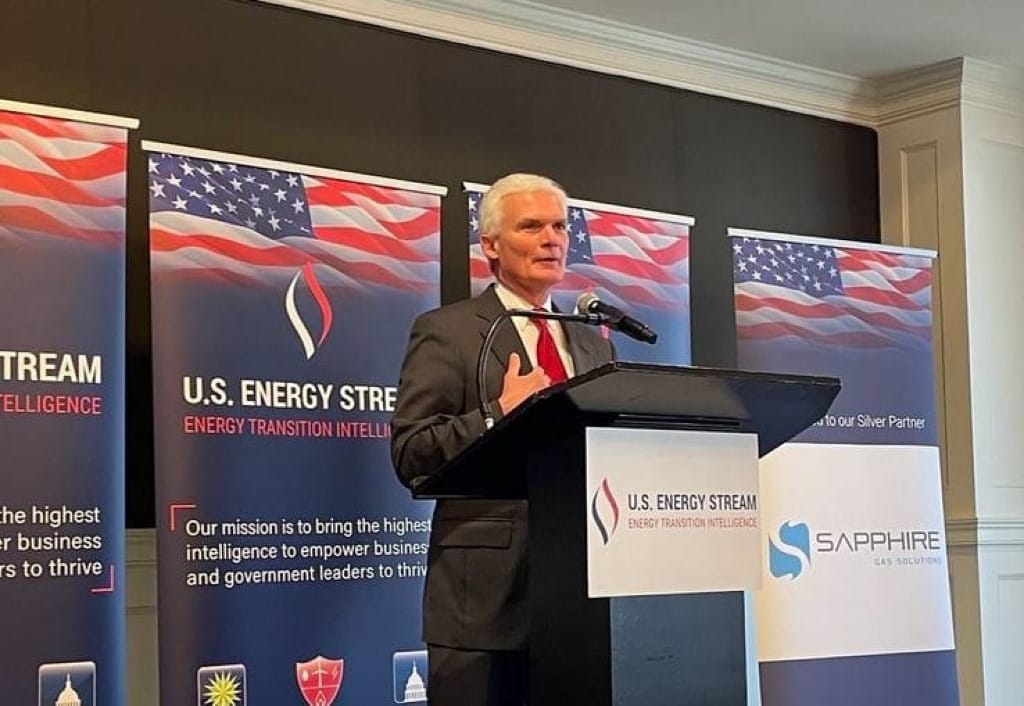Net Neutrality
Latta offered his resolution one day after the FCC’s Net Neutrality rules were published in the Federal Register.


WASHINGTON, May 27, 2024 – In what is likely a symbolic gesture, a senior House Republican last week took the first step in attempting to stop implementation of new Net Neutrality rules adopted by the Federal Communications Commission in April.
Rep. Bob Latta, R-Ohio, introduced a joint resolution on May 23 to void the Net Neutrality rules under the Congressional Review Act. Latta is chairman of the House Subcommittee on Communications and Technology, which oversees activity at the FCC.
“It’s incredulous we’re having the debate again about the FCC’s so-called ‘Net Neutrality’ order when its repeal in 2017 led to lower prices, faster Internet speeds, and increased investment in broadband networks,” Latta said in a statement.
FCC Chairwoman Jessica Rosenworcel, a Democrat, has said the Net Neutrality rules are necessary to keep the Internet “fast, open, and fair.” Among other things, the rules bar Internet Service Providers from blocking or throttling lawful content
Latta moved just a day after the Net Neutrality rules were published in the Federal Register, triggering a 30-day window for parties to take the FCC to court. Unless blocked by the courts, the rules take effect on July 22, 2024.
“For now, the industry awaits a determination as to whether the FCC’s reclassification decision and latest iteration of the open Internet rules will survive, or whether they will be overturned by the courts, by Congress, or by a future FCC,” said Cahill attorneys Chérie Kiser and Angela Collins in a May 22 analysis titled The Walking Dead: “Open Internet” Rules Live Again.
The CRA, passed in 1996, authorizes Congress to nullify federal regulations by a simple majority vote in both houses or by a two-thirds majority vote if needed to overcome a presidential veto.
Latta’s resolution is unlikely to become law. With the Senate controlled by the Democrats and President Joe Biden a firm supporter of Net Neutrality, Latta’s resolution looks more symbolic than anything else.
In 2017, the Republican-controlled House and Senate, with the agreement of President Donald Trump, used the CRA to void the FCC’s broadband privacy rules passed the year before under Democratic FCC Chairman Tom Wheeler.
Relying on opt-in mechanisms, the FCC’s privacy rules required ISPs to safeguard customer information, including precise geo-location, social security numbers, and web browsing history. Less sensitive information, such as email addresses and broadband service tier levels, were subject to an opt-out regime.
Using the CRA to scuttle federal regulations is exempt from judicial review.
In March, 19 Senate Republicans introduced a CRA resolution to block the FCC’s new digital discrimination rules, which can hold ISPs liable for unintentional acts of discrimination in the deployment of broadband infrastructure. In January, more than 60 House Republicans introduced an identical CRA resolution.
Neither is expected to pass a divided Congress.


